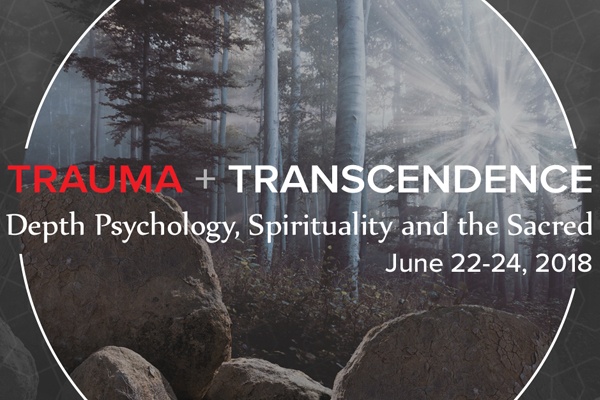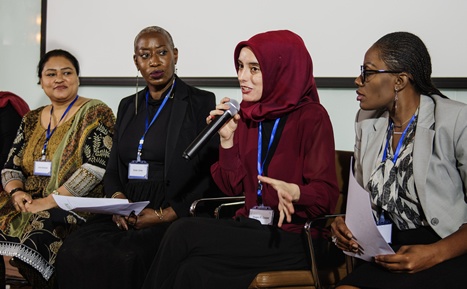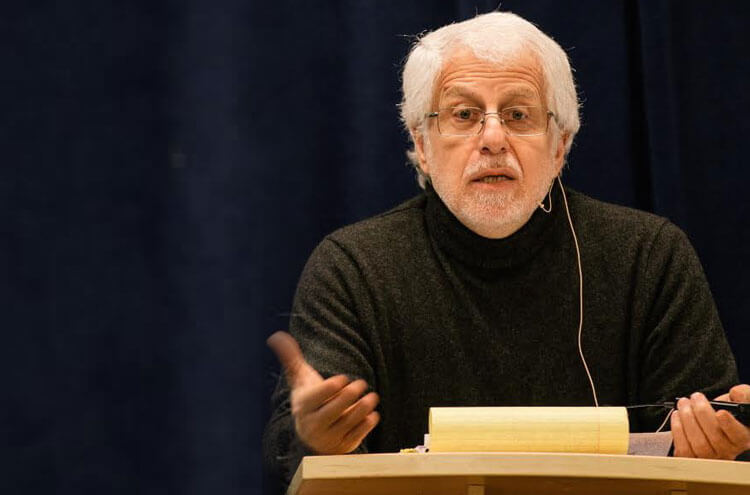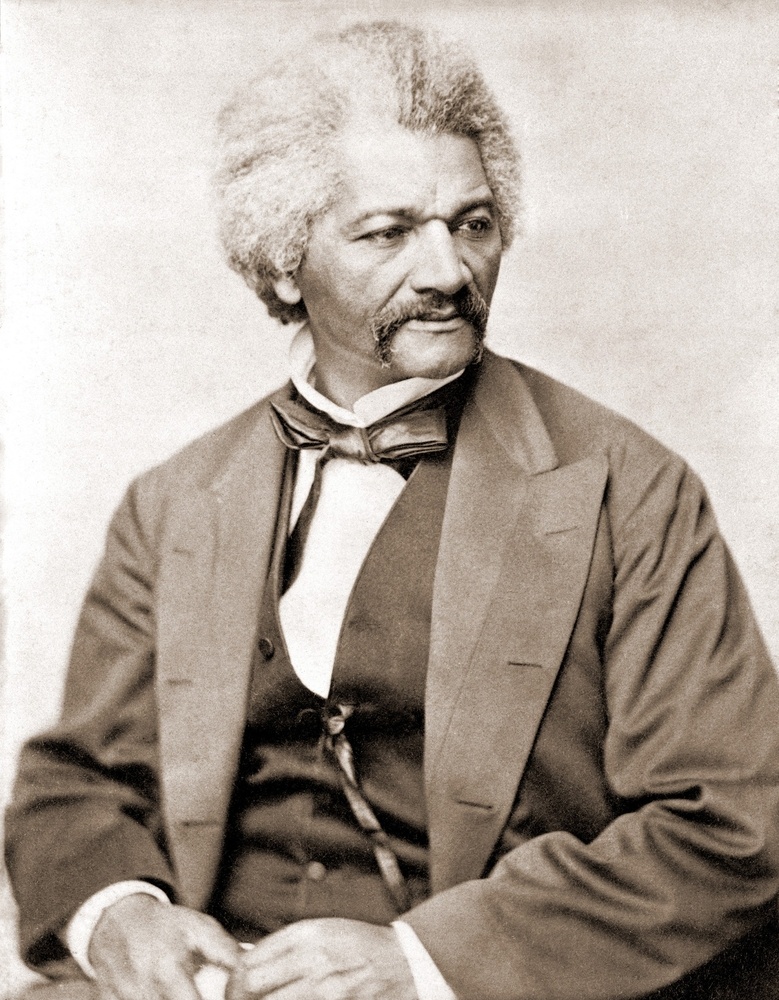A blog post by Melissa Ruisz Nazario, based on an interview with Dina Zaki, L.M.F.T., by Bonnie Bright, Ph.D.
Listen to the full audio interview with Dina Zaki here. (approx. 31 minutes)
The Greek myth of Narcissus, one version of it at least, describes a young, proud hunter known for his good looks. He disdains others, including the mountain nymph Echo, who falls in love with him. Because of his behavior, Nemesis, a goddess of revenge, lures Narcissus to a pool, where Narcissus falls in love with the water’s reflection, not comprehending it is his own image. In one version, he stares at his own reflection until he dies. [1]
From this tale we have the terms “narcissism” and “narcissist,” and even the condition of “narcissistic personality disorder,” in which “people have an inflated sense of their own importance, a deep need for excessive attention and admiration, troubled relationships, and a lack of empathy for others. But behind this mask of extreme confidence lies a fragile self-esteem that’s vulnerable to slightest criticism.” [2]
Read More
Posted in:
Trauma,
clinical psychology,
Psychology,
Pacifica Students,
Pacifica Graduate Institute,
relationships,
love
A blog post by Melissa Ruisz Nazario, based on interviews conducted by Bonnie Bright, Ph.D.
Ready to immerse yourself in some of the perspectives of trauma and transcendence being presented at Pacifica’s Trauma + Transcendence Conference June 22-24, 2018? We’ve rounded up our Pacifica Post blog posts and audio recordings of scholars and analysts presenting at the Conference who also recently spoke with Bonnie Bright, Ph.D., about their research.
Although registrations for attending the Trauma + Transcendence Conference in person have sold out, you can still gain access to the video livestream of the Conference’s Friday and Saturday events. Enjoy the Conference from the comfort of your home desktop computer or device by watching the livestream presentations in real time. You also have the option to earn continuing education credits by watching the livestream; please add the additional “Continuing Education Credit Fee” when you register. Details: https://retreat.pacifica.edu/trauma-transcendence/
Read More
Posted in:
Trauma,
Pacifica Events,
transformative,
C.G. Jung,
clinical psychology,
Psychology,
dreams,
psyche,
Spiritual
A blog post by Melissa Ruisz Nazario, based on an Interview with Ann Belford Ulanov, Ph.D., L.H.D., by Bonnie Bright, Ph.D.
Listen to the full audio interview with Ann Ulanov here. (approx. 31 minutes)
In the book The Unshuttered Heart: Opening Aliveness/Deadness in the Self, Jungian analyst Ann Belford Ulanov, Ph.D., L.H.D., says, “we can find our depth by being found in the depths.” But what does it mean, "to be found in depths"? For those of us who constantly seek to better understand ourselves and the world around us, or, as Joseph Campbell said, are "seeking an experience of being alive," what are some ways that we might find ourselves in these depths, to gain those profound insights that help us experience being alive? Ann, who is a prolific author and presenter at Pacifica’s upcoming sold-out Trauma and Transcendence conference in June 2018, says that one way we can find our depth in the depths is through our dreams. “You can’t make up the dream,” she says. “The dream makes up you. And some dreams you really get right away, and they tell you something you never knew before, and it’s as if you’re being addressed.”
Read More
Posted in:
Trauma,
Pacifica Events,
transformative,
C.G. Jung,
clinical psychology,
Psychology,
dreams,
psyche,
Spiritual
Depth Psychology: Empowering Multicultural Women in the Wider World-An Interview with Self-Made Media Mogul, Nely Galán, MFT. A Guest Post by Bonnie Bright, Ph.D.
Listen to the full audio interview with Nely Galán here (approx. 32 mins)
We’ve all heard the adage that success doesn’t always bring happiness, a concept Nely Galán knows well. As a Latina and a self-made media mogul who has produced hundreds of television shows, headed a TV network, and generated a significant amount of income, she felt an odd sense of relief when the economy crashed in 2008, bringing many of her projects to a halt. She realized the extent to which she felt like a hamster running around a wheel, and while she would never have tried to exit the industry if she had maintained her level of involvement in multiple projects, the economic downturn provided her a way out.
By that point in her life, she had been through psychotherapy and understood, from a personal perspective, how powerful it could be. Acknowledging that she had always wanted to go to school to study psychology, she took the plunge; first finishing a B.A., before applying to Pacifica, which had already been in her “mind and heart for a while,” as she reveals.
Read More
Posted in:
Alumni,
clinical psychology,
gender,
leadership,
vocation,
depth psychology,
individuation,
Pacifica Students
Illness, Identity, and the Archetype of the Exile: Finding Meaning and Vitality through Depth Psychotherapy-An Interview with Dr. Brad Chabin. A Guest Blog Post by Bonnie Bright, Ph.D.
Listen to the full audio interview with Brad Chabin here (approx. 29 mins)
C. G. Jung viewed mid-life, the time midway between entering adulthood and the end of life, as a critical time of transition. Having focused primarily on priorities like career and family, people can be left with a sense that they are missing some fundamental meaning in their lives, a promise which might be revealed in the second half of life.[1] Dr. Brad Chabin, a depth psychotherapist with a practice in West Hollywood, California, had his own experience of a spontaneous and powerful mid-life transition.
Read More
Posted in:
Counseling Psychology,
Alumni,
clinical psychology,
soul,
depth psychology,
imaginal,
psyche,
Pacifica Students
Pacifica was honored to have Andrew Samuels, internationally recognized political commentator and theorist from the perspectives of psychotherapy and depth psychology, present at the October conference Up Against the Wall: Politics, Community Psyche. Dr. Samuels presented "A New Therapy for Politics?" and we are delighted to share that lecture with the Pacifica community.
Read More
Posted in:
Current Affairs,
Pacifica Events,
clinical psychology,
depth psychology,
Pacifica Graduate Institute,
politics
Where Politics, Psyche, and Community Converge: An Interview with Andrew Samuels
A Guest Post by Bonnie Bright, Ph.D.
U.K.-based psychotherapist and activist, Andrew Samuels has a long history as a consultant to political clients on the presidential and prime ministerial level. While Samuels first published Politics on the Couch in 2001 and The Political Psyche in 2015, his newest book, A New Therapy for Politics? [1] delves ever more deeply into the intersection between psychotherapy and politics and lends a critical eye to his own chosen profession in an effort to bring the two together.
Sigmund Freud and C. G. Jung, both pioneers in the field of psychotherapy, wrote about politics over the course of their careers, Samuels points out, but psychotherapists have generally been “magnificently unsuccessful” in creating a significant contribution to the political arena.
Read More
Posted in:
The Psyche,
Therapist,
Psychotherapy,
C.G. Jung,
clinical psychology
Pacifica Graduate Institute Clinical Psychology Program Faculty Member Receives Psychoanalytic Center of California (PCC)
Dr. Avedis Panajian, who is Core Faculty in Pacifica’s Clinical Psychology Program has been awarded the Psychoanalytic Center of California Certificate of Recognition for his significant contributions to the founding and work of the PCC. Panajian is one of the primary founders of this internationally approved advanced analytic training for psychiatrists, psychologists, and other mental health professionals.
Read More
Posted in:
Pacifica News,
clinical psychology
Trauma and the Soul: Psychoanalytic Approaches to the Inner World An Interview with Jungian Analyst Donald Kalsched
A Guest Blog Post by Bonnie Bright, Ph.D.
Trauma is an injury to the capacity to feel, says Jungian analyst Donald Kalsched, who has specialized in the field of trauma for decades. He describes trauma as something that occurs when we are given more to experience than we can consciously bear, especially if we lack resources to help metabolize the feelings that emerge. For example, a child in an emotionally illiterate family who has no place to turn for support may be traumatized by certain events.
Read More
Posted in:
Trauma,
Pacifica Events,
clinical psychology,
soul,
dreams
A guest post by Bonnie Bright, Ph.D.
One of the benefits of depth psychological traditions is that they can be applied to understanding what it means to be a self or soul in this world, and to think about others who have led the way. “We stand on the shoulders of so many giants,” insists William James Jones, who completed his dissertation research on the process of self-actualization to receive his Ph.D. in the Clinical Psychology program at Pacifica last year.
In the process, Jones realized he was interested in self-actualization long before he knew the term for it. As a young boy from the streets of Chicago who didn’t really have his father growing up, he looked up to some of the strong figures in his community—including his mother, teachers, coaches, pastors, and priests—for inspiration. He was keenly interested in what it means to be a man with excellence—to really lead the life he is capable of, he realized. That desire sparked his curiosity about who exhibits the kind of traits he aspired to, prompting him to ask, “Who am I at the deepest levels, and what's my purpose in life? What's the meaning of all this?”
Read More
Posted in:
transformative,
C.G. Jung,
clinical psychology,
soul,
depth psychology












